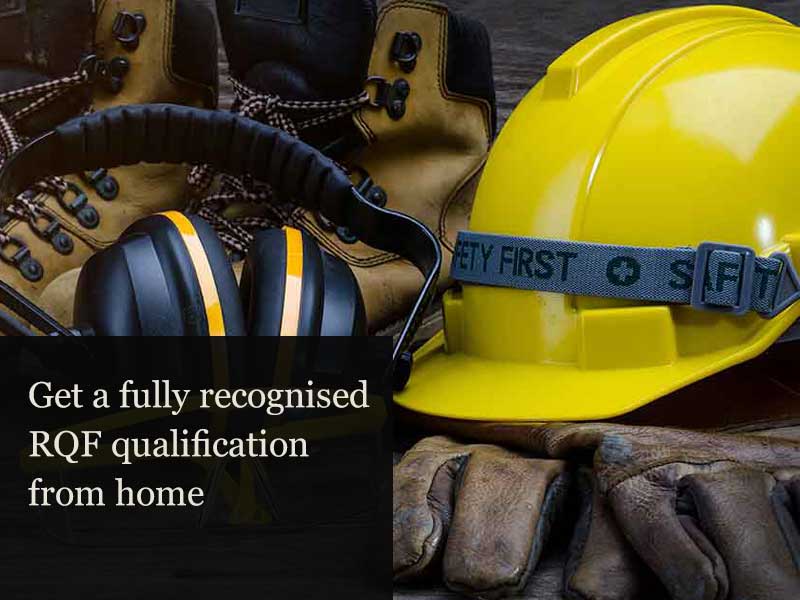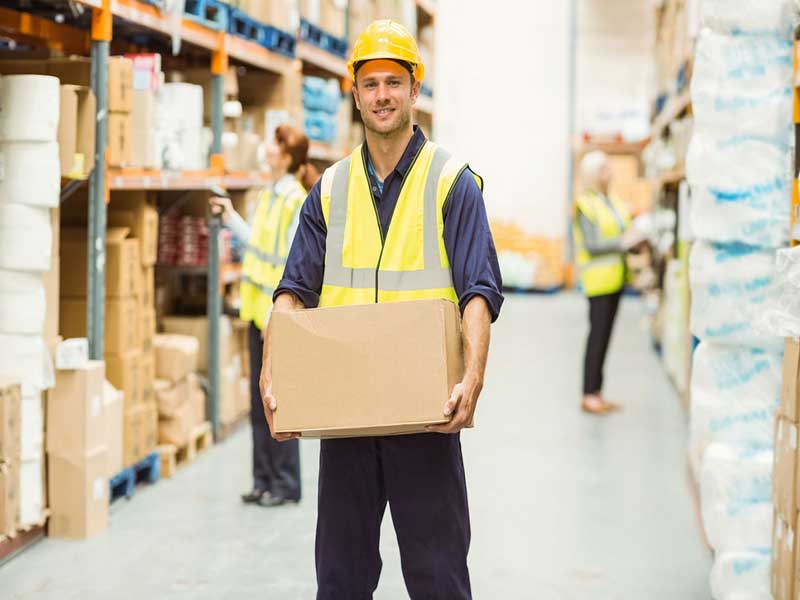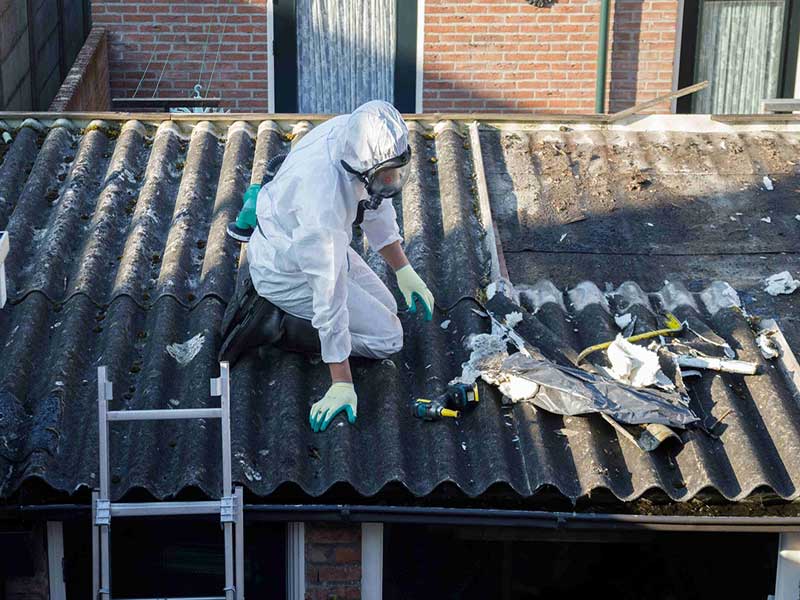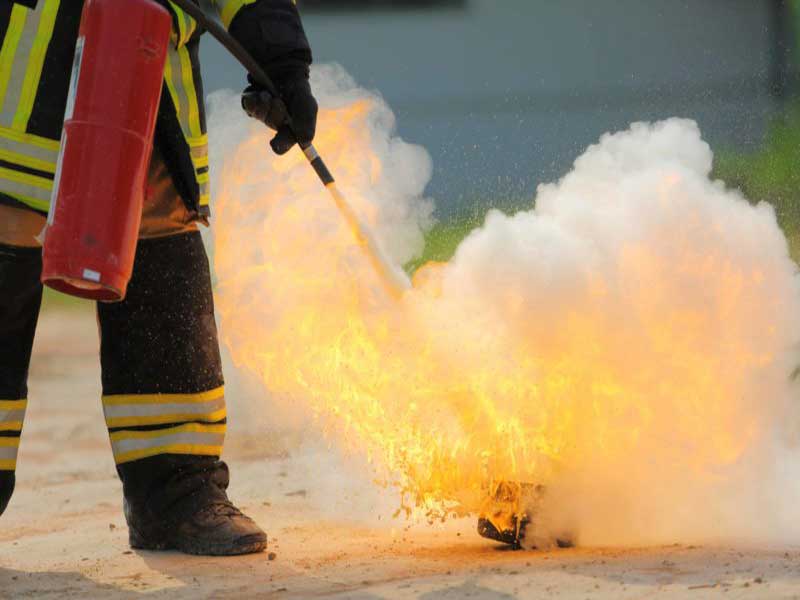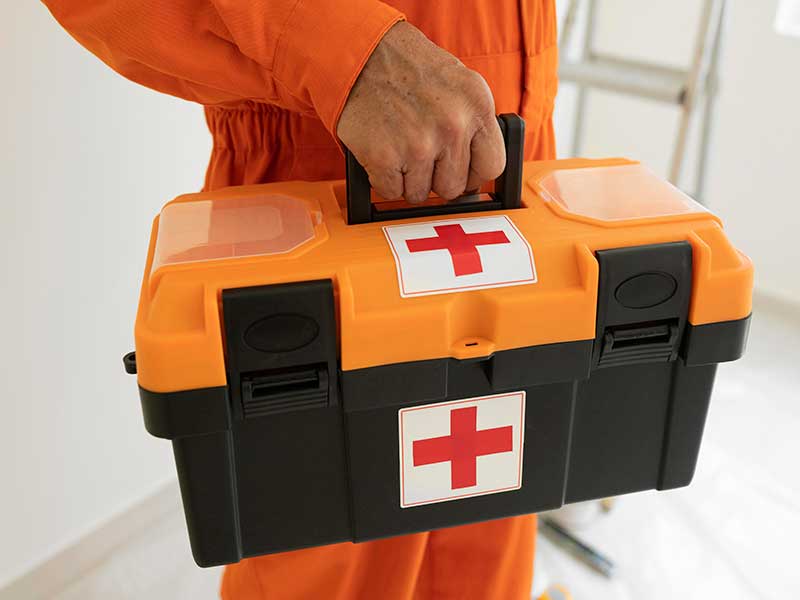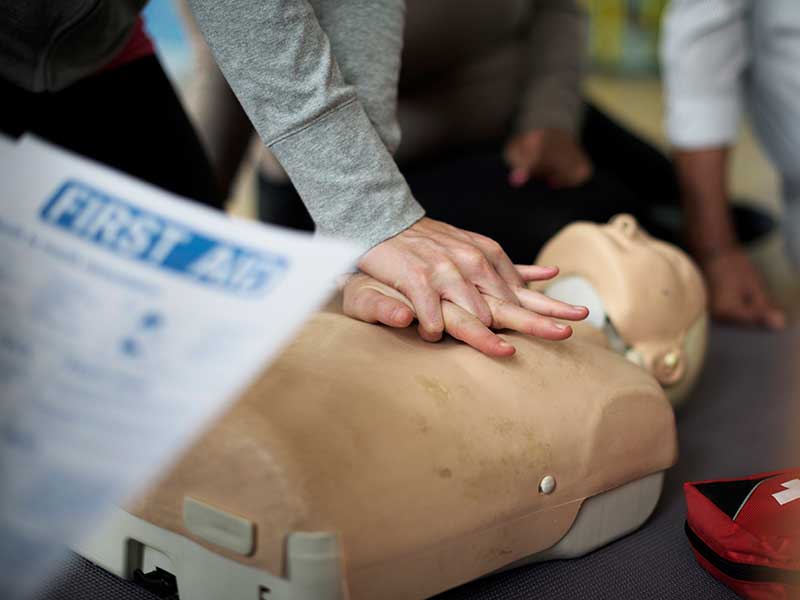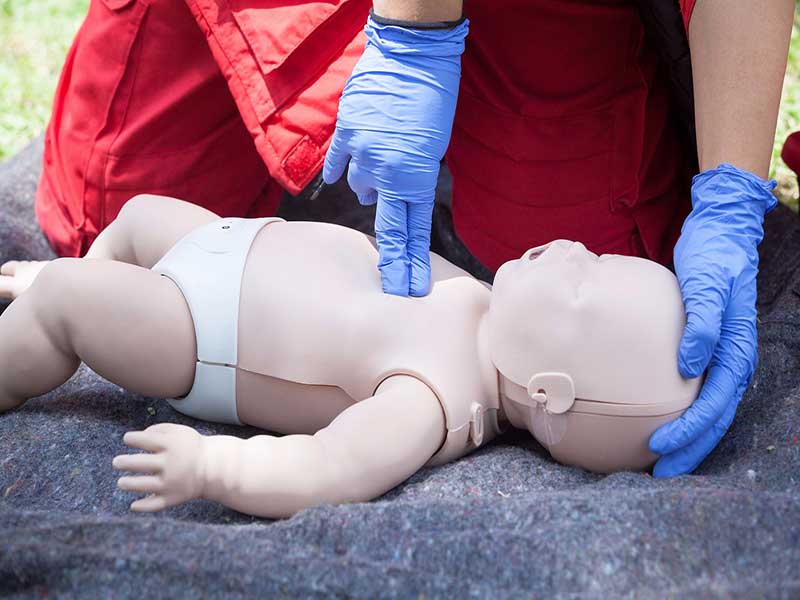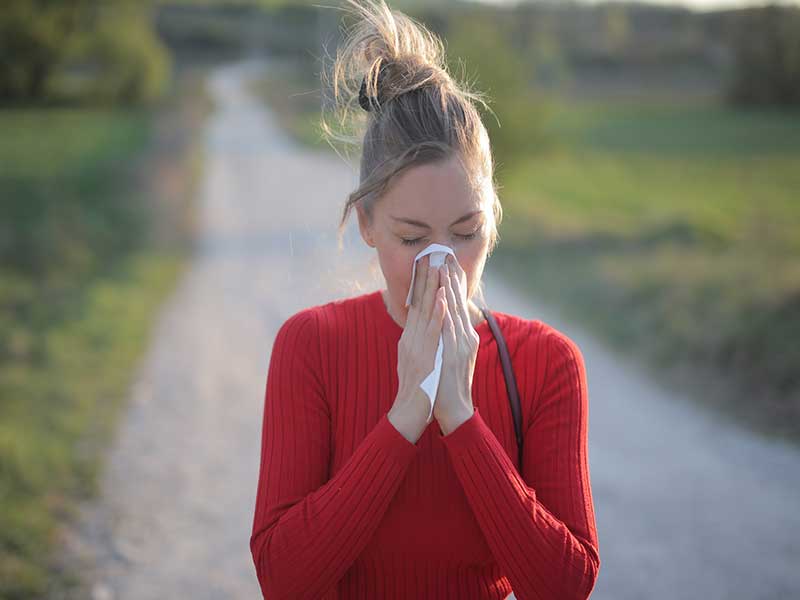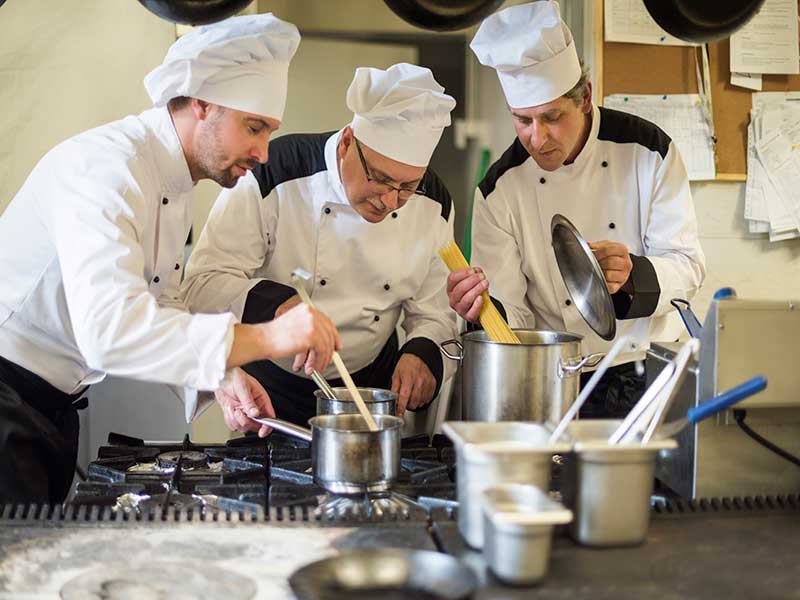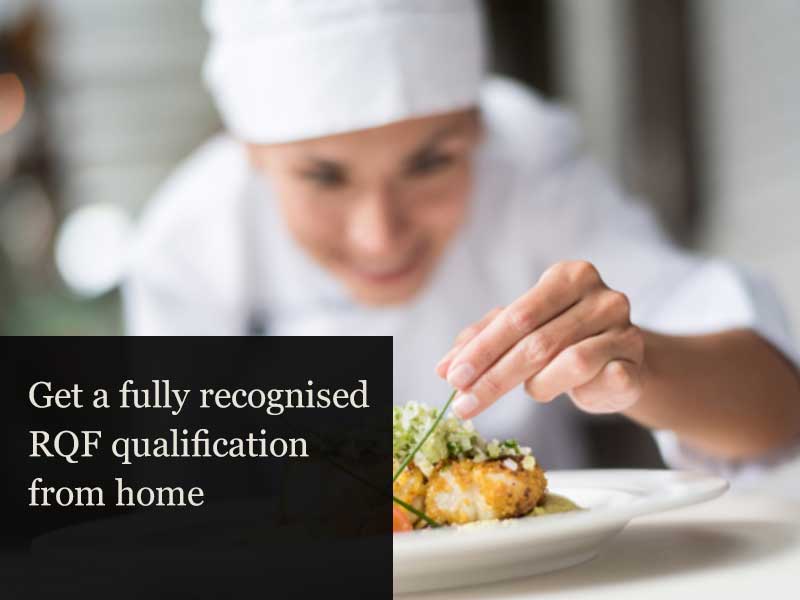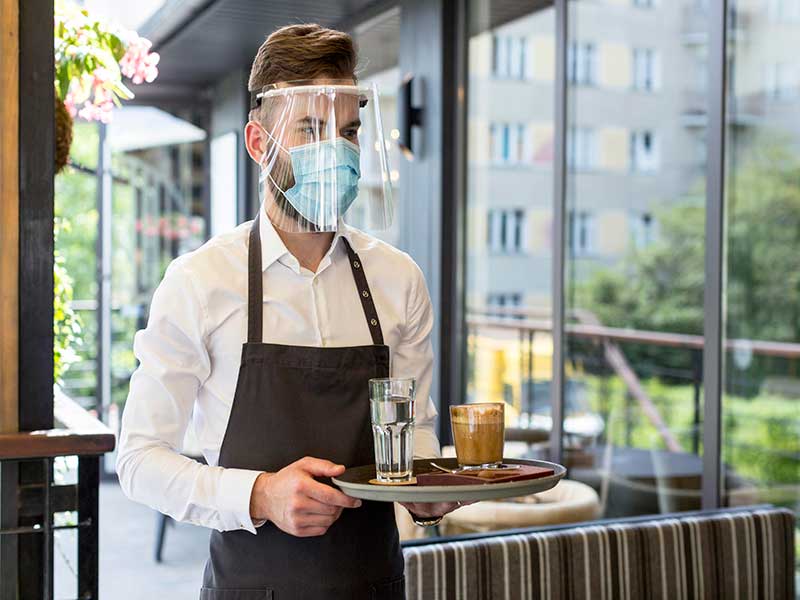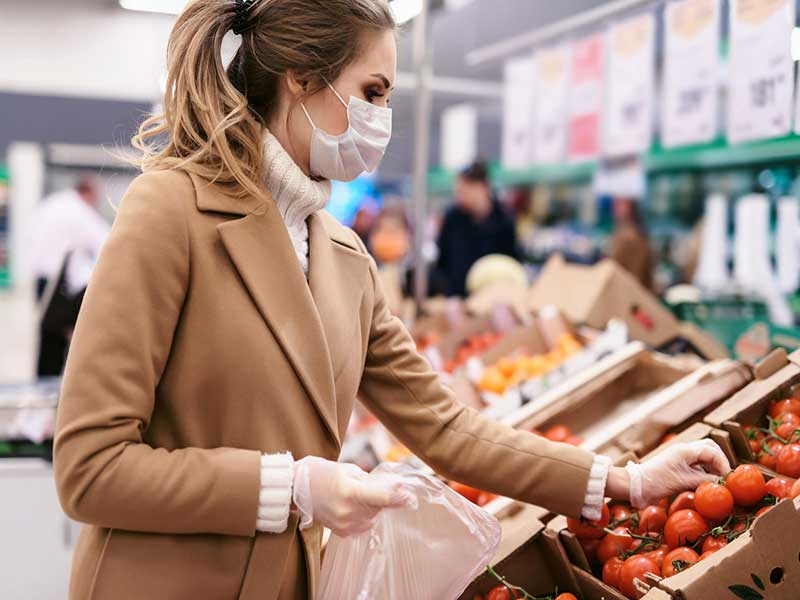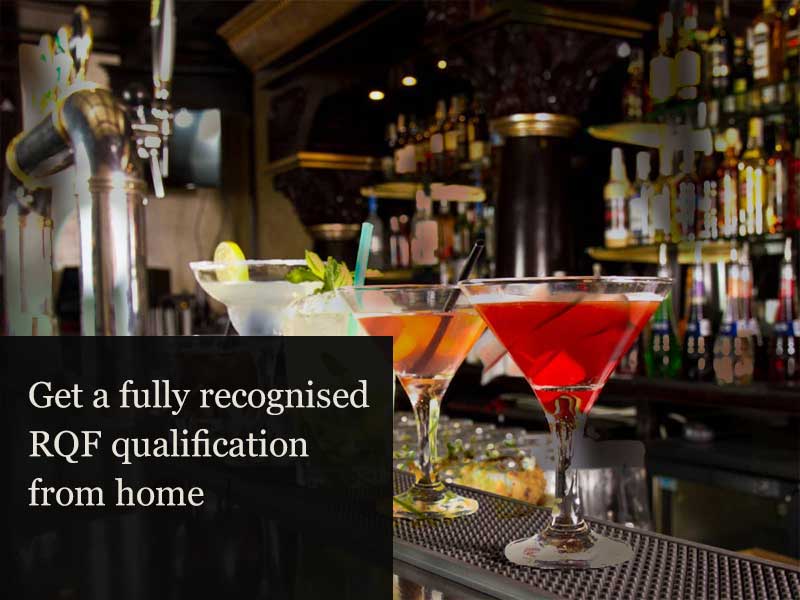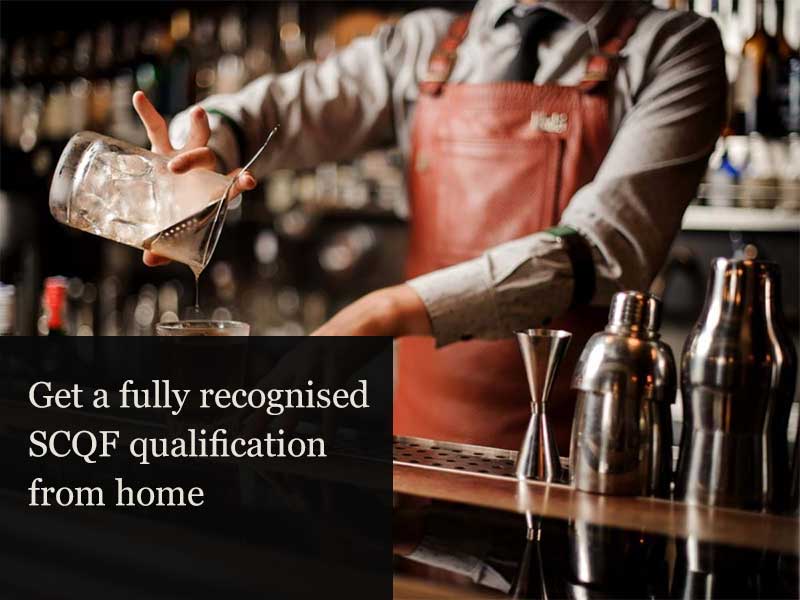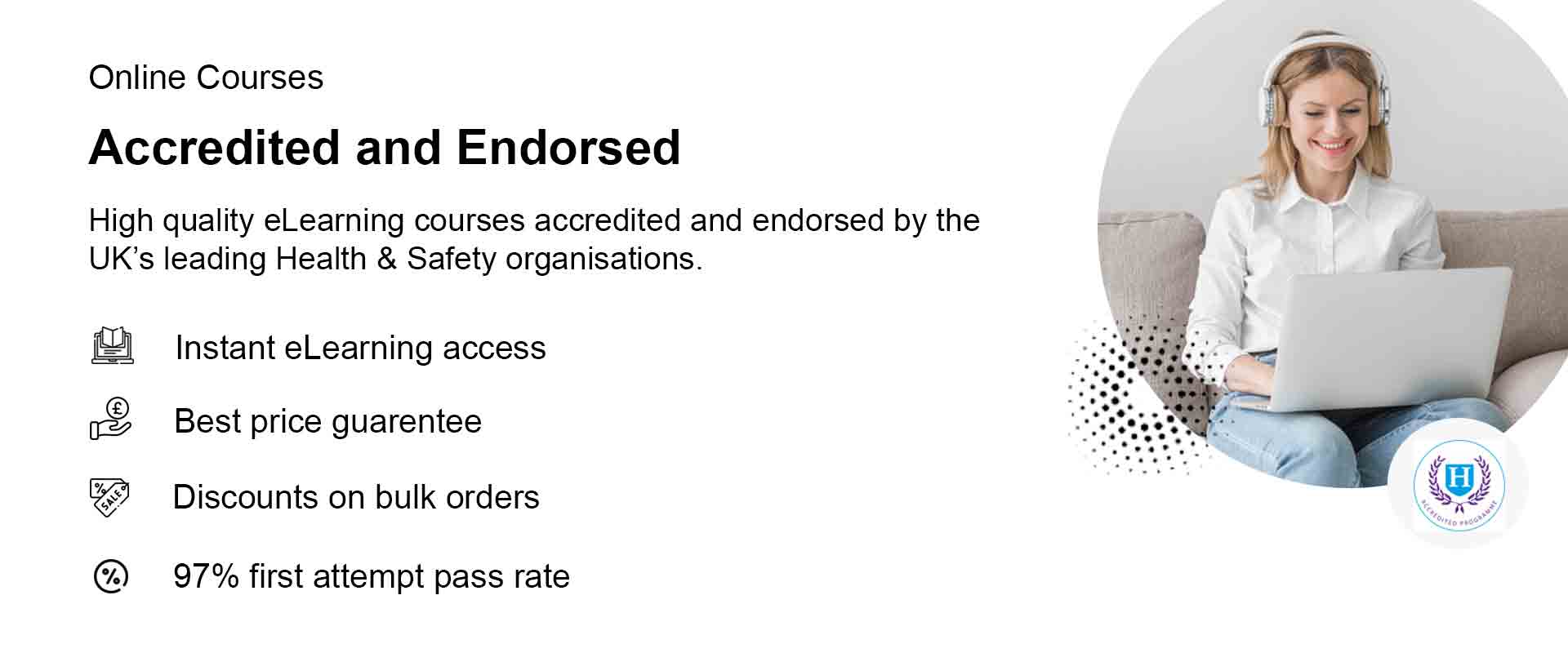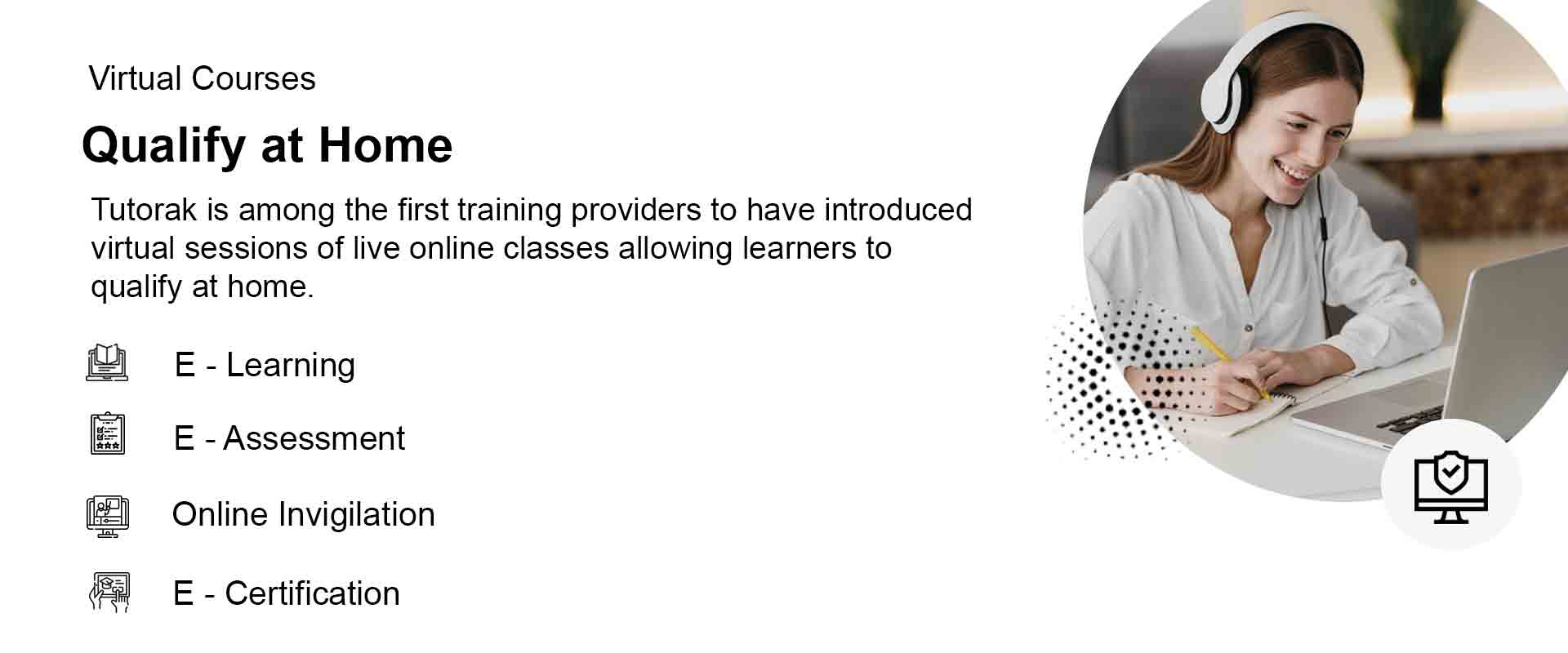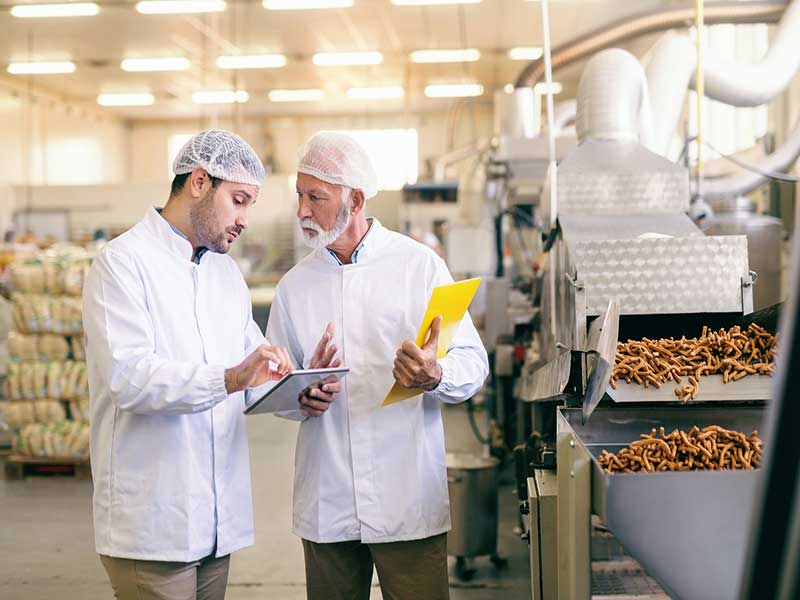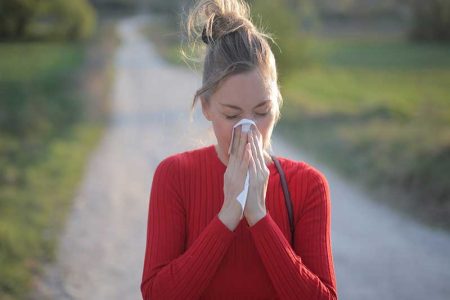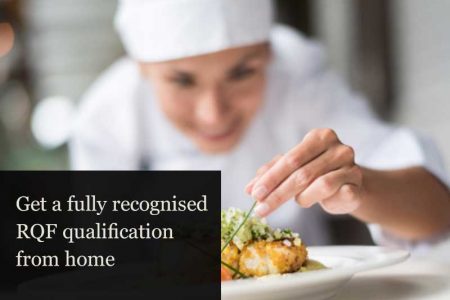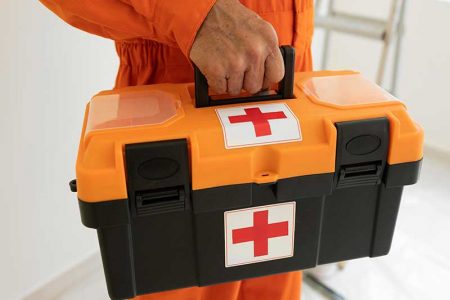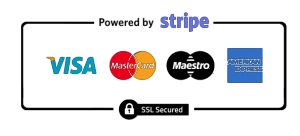AIMED AT
- Anyone who handles and prepares food in a manufacturing unit
- Anyone involved in the management of a food manufacturing business
- Food business owners
- Production line staff
- Bar workers
SKILLS YOU WILL GAIN
- Knowledge of food safety hazards
- Food contamination control
- Personal hygiene
- Food preservation
- Cleaning and disinfection
- Prevent food-borne illnesses
- Pest control
- Temperature control
- Waste management
- Using proper equipment
About this Course
This course is aimed at food handlers working in hotels, restaurants, bars, fast food outlets, takeaways, cafes, kitchens, hospitals, schools or colleges. It is also ideal for kitchen staff that is involved in cooking or preparing food.
This Level 2 Food Safety course ensures that all staff involved in the handling or preparation of food understand their roles and legal responsibilities. You will learn how to control contamination hazards, keep food premises and equipment clean, combat microbiological hazards, apply the HACCP management system, prevent food poisoning, control pests, and follow high standards of personal hygiene.
This course is written by Richard Sprenger, renowned food safety expert and author. It is CPD accredited and meets the UK’s mandatory training requirement for food handlers.
If you work in a catering or retail business, opt for our Level 2 Food Hygiene and Safety course.
Learners also searched for Food Allergy Awareness
Did you know: Today’s food supply is much more complex and involves a range of different stages including on-farm production, slaughtering or harvesting, processing, storage, transport and distribution before the food reaches the consumers.
-
Suitable for those working in low & high-risk food manufacturing environments
-
Quality Endorsed by a leading UK awarding body
-
Learn at your own pace with 24/7 access
Areas Covered
-
Introduction to Food Safety
Learn about food safety and the importance of giving priority to practices critical to food safety, the responsibilities of food handlers, types of food safety hazards and the costs of poor food safety as well as the benefits of good food safety practices.
-
Microbiological Hazards
Learn about the different types of bacteria, sources of bacteria, requirements for bacterial multiplication, controlling and destroying food poisoning bacteria, types of food at risk from pathogens and food spoilage.
-
Food Poisoning and its Control
Learn about the causes of food poisoning, its symptoms and the ways through which to break the chain of food poisoning.
-
Personal Hygiene
Learn what facilities are required to wash hands and when it is important to wash hands. Also learn what to do in case of open wounds and skin complaints and how to report any illness that may lead to food contamination.
-
Food Premises and Equipment
Learn the importance of cleaning and disinfection, which surfaces should be cleaned, disinfected or sanitised and how to store and dispose of waste.
-
Food Pests and Control
Learn about common food pests, the signs of pest infestation and the role a food handler can play in controlling pests.
-
Cleaning and Disinfection
Learn about the importance of cleaning and disinfection, which surfaces should be cleaned, disinfected or sanitised and how to store and dispose of waste.
-
HACCP From Purchase to Delivery
Learn about food safety management systems and how to handle food safely during storage, transportation, preparation and serving by implementing control measures.
-
Food Safety Enforcement
Learn about food safety legislation, how it is enforced, penalties for breaking the law and due diligence that is required to ensure food safety.




